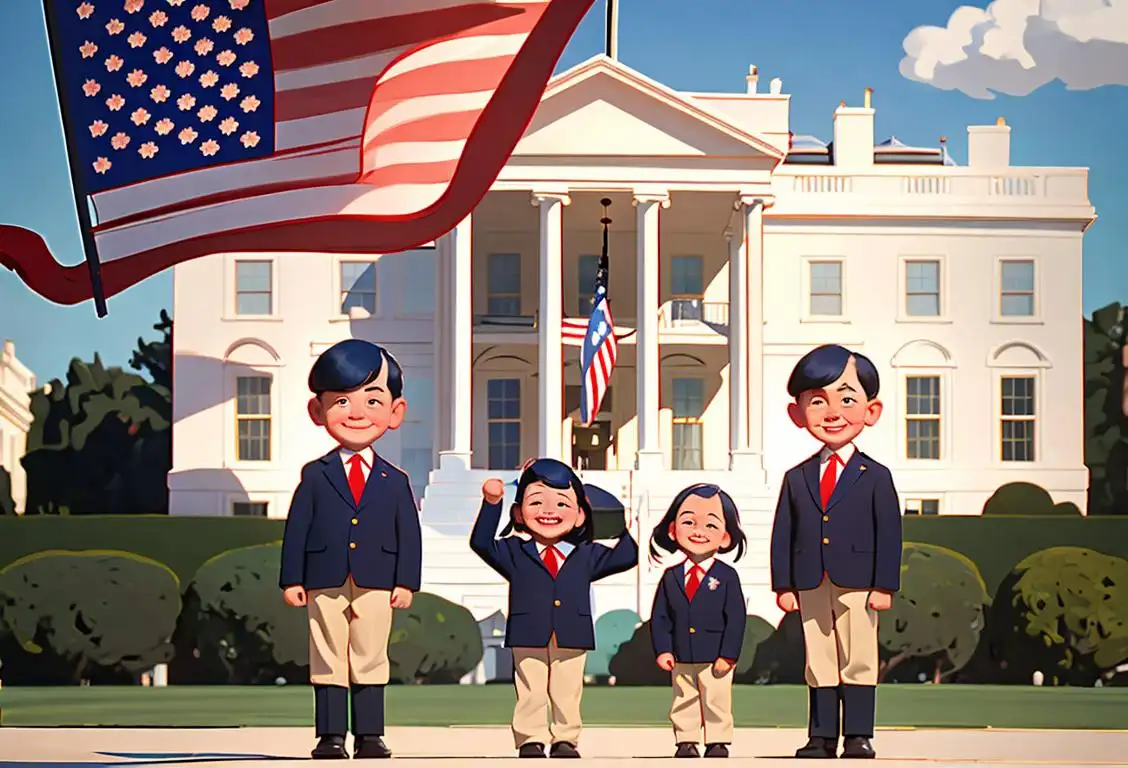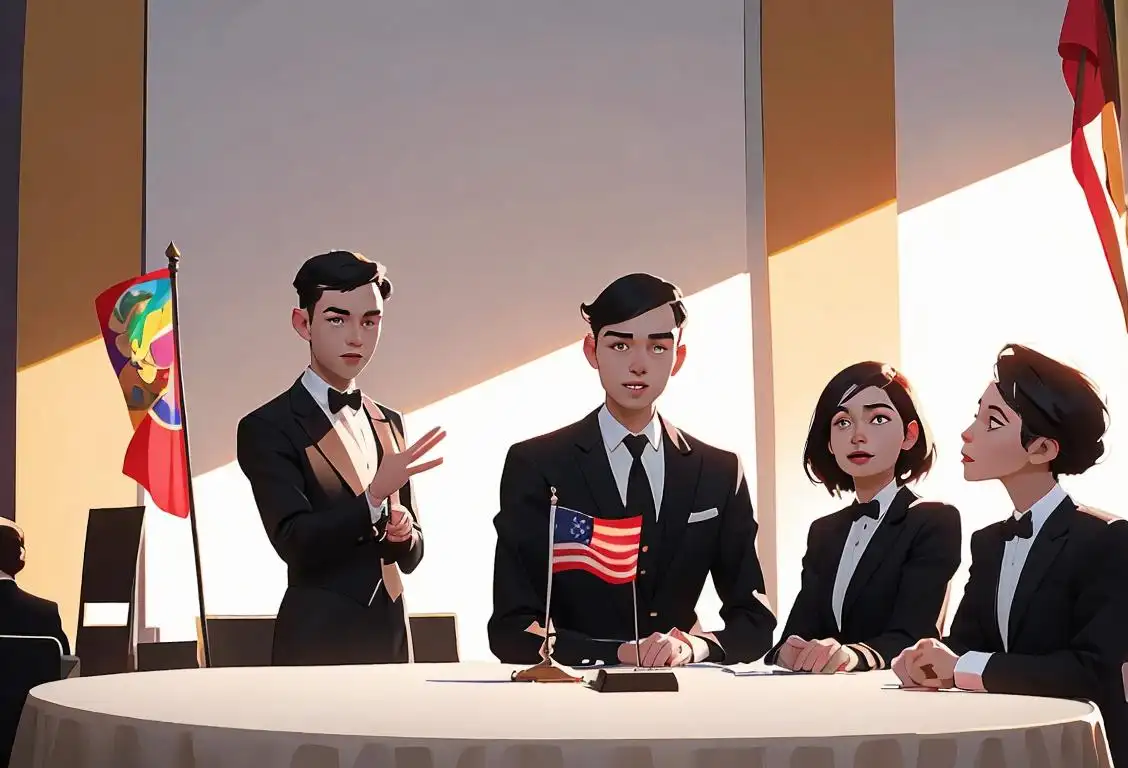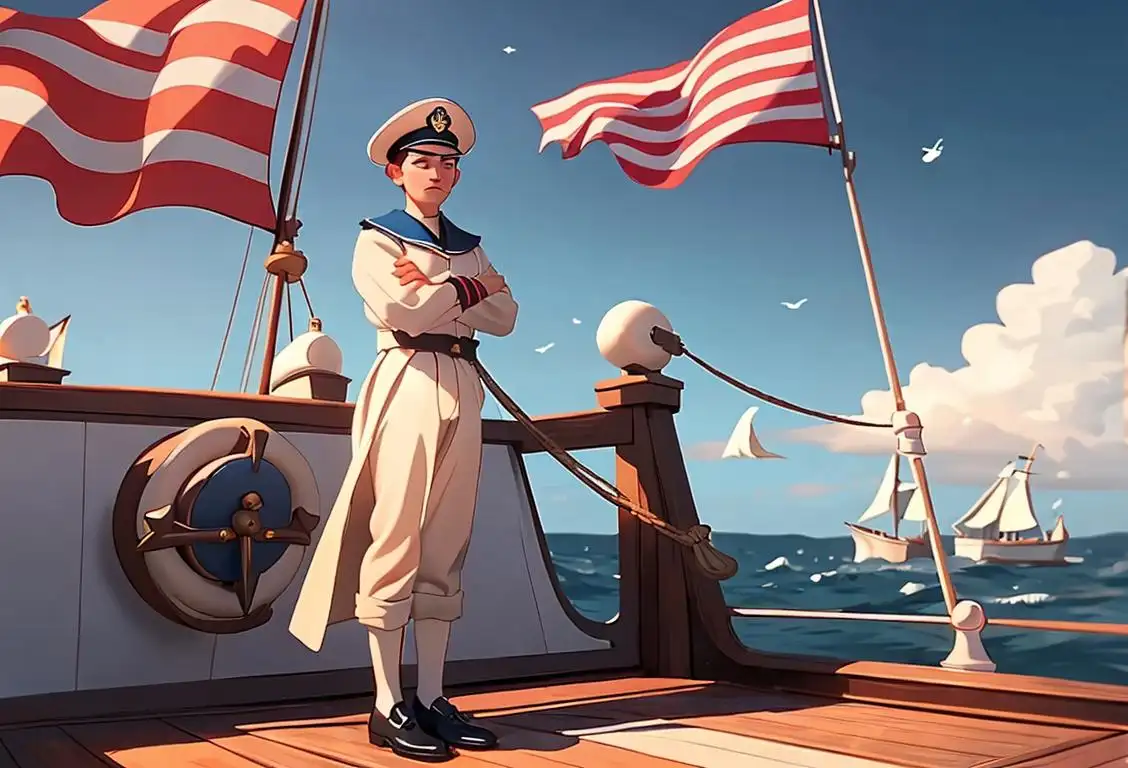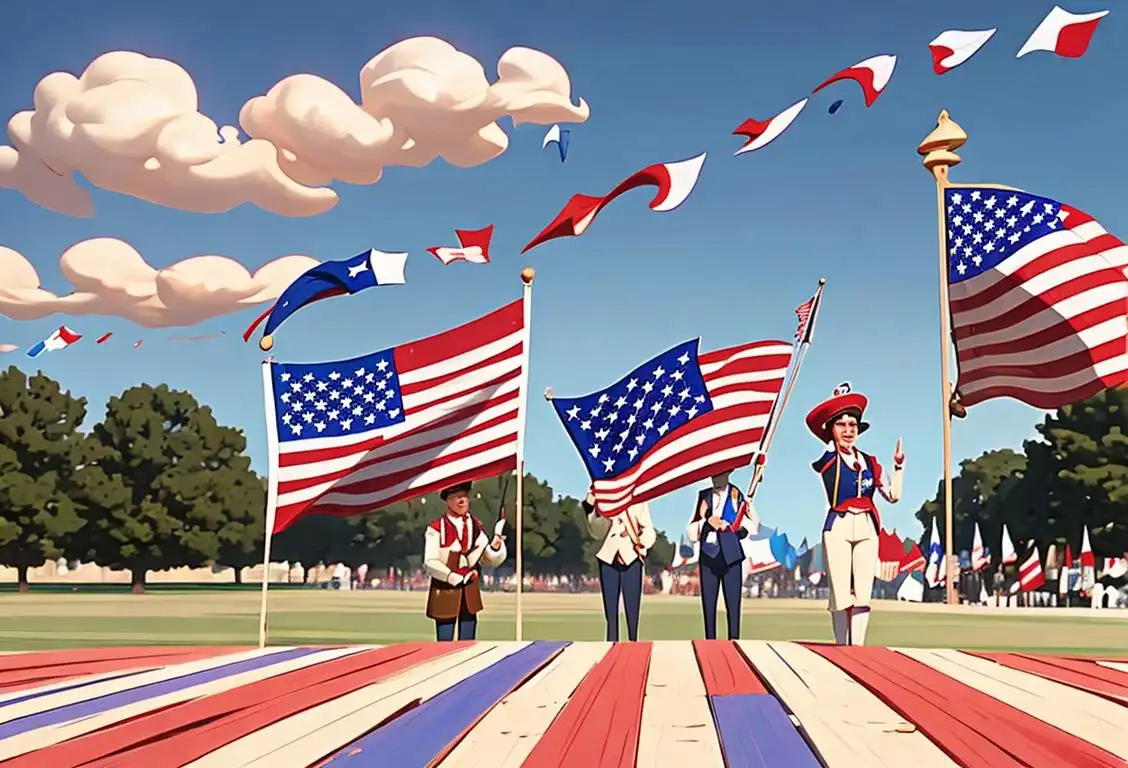National Presidents Day

Welcome to WhatNationalDayIsIt.com, where we uncover the fascinating history of all those national days you never knew existed! Today, we're diving into the wonder and splendor of National Presidents Day. Get ready for a presidential party like no other!
When is Presidents Day?
It's national presidents day on the 20th February.
The Internet History of National Presidents Day: A Celebration of Leadership
When it comes to prominent figures who have shaped the course of a nation, few can rival the impact of a president. And that's exactly why National Presidents Day was born—to honor and celebrate the leaders who have guided the United States throughout its history.
This special day, also known as Washington's Birthday, first came to be on the third Monday of February. It was initially established to commemorate the birthday of the country's first president and founding father, George Washington. But over time, it evolved into a celebration of all individuals who have served as president of the United States.
Now, you might be wondering, who made National Presidents Day an official holiday? Well, that honor belongs to our hardworking Congress! In 1885, they unanimously passed a bill that made Washington's Birthday a federal legal holiday. Yes, you read that right—it was unanimously approved! Democrats and Republicans coming together in perfect harmony? That's a rarity worth celebrating in itself!
Since then, National Presidents Day has become a time of reflection, appreciation, and plenty of festivities. From parades to historical reenactments to presidential trivia contests, there's something for everyone to enjoy!
Fun Facts About National Presidents Day
Did you know that the official name of this holiday is Washington's Birthday? That's right, but it's commonly referred to as Presidents Day due to its association with other presidents as well.
History behind the term 'Presidents'
1787
The birth of the executive
In 1787, the term 'presidents' entered the world stage with the drafting of the United States Constitution. As the framers discussed the structure of the new government, they sought a title for the leader of the executive branch. The word 'president' was chosen to reflect the idea of a leader who presides over others. This marked the birth of the term 'presidents' as we know it today.
1789
George Washington's inauguration
The term 'presidents' gained significance with George Washington's inauguration as the first President of the United States in 1789. Washington's leadership and the establishment of the presidency set a precedent that shaped the role and responsibilities of future presidents. The word 'presidents' became synonymous with the highest political office in the United States.
1841
William Henry Harrison's campaign slogan
In 1841, the term 'presidents' took on a new dimension with the campaign of William Henry Harrison. Harrison's catchy campaign slogan, 'Tippecanoe and Tyler Too,' referred to him as 'the log cabin candidate' and 'the hero of Tippecanoe.' This helped popularize the term 'presidents' among the general public and highlighted the importance of presidential elections in shaping national identity.
1901
Theodore Roosevelt and the modern presidency
The term 'presidents' further evolved in 1901 with the presidency of Theodore Roosevelt. Roosevelt ushered in the era of the modern presidency, expanding its powers and transforming it into a prominent force in domestic and foreign affairs. His dynamic leadership and progressive policies greatly influenced how the term 'presidents' was perceived, emphasizing the importance of strong executive leadership.
1920
Women's suffrage and presidential elections
In 1920, the term 'presidents' became more inclusive due to the passage of the 19th Amendment, granting women the right to vote in the United States. With women participating in presidential elections, the term 'presidents' encompassed female leaders and highlighted the progress towards gender equality in politics. This marked a significant milestone in the history of the term.
1947
The Truman Doctrine and the Cold War
The term 'presidents' gained global relevance in 1947 with the announcement of the Truman Doctrine by President Harry S. Truman. This policy defined the United States' commitment to containing the spread of communism during the Cold War. As successive presidents navigated this ideological conflict, the term 'presidents' became associated with leaders shaping global politics and confronting international challenges.
2008
Barack Obama's historic presidency
In 2008, the term 'presidents' reached a historic milestone with the election of Barack Obama as the first African American President of the United States. Obama's presidency shattered racial barriers and showcased the power of diversity in leadership. The term 'presidents' now encapsulates the goal of equal representation and the progress made towards a more inclusive society.
Did you know?
Did you know that National Presidents Day was initially only meant to honor George Washington? It wasn't until later that it expanded to celebrate all United States presidents!Tagged
fun historyFirst identified
16th May 2015Most mentioned on
20th February 2017Total mentions
41Other days
Convention Day
Maritime Day
Vodka Day
Video Game Day
Liberation Day
Teacher Appreciation Day
Memorial Day
Former Prisoner Of War Recognition Day
Flag Day
Video Games Day









